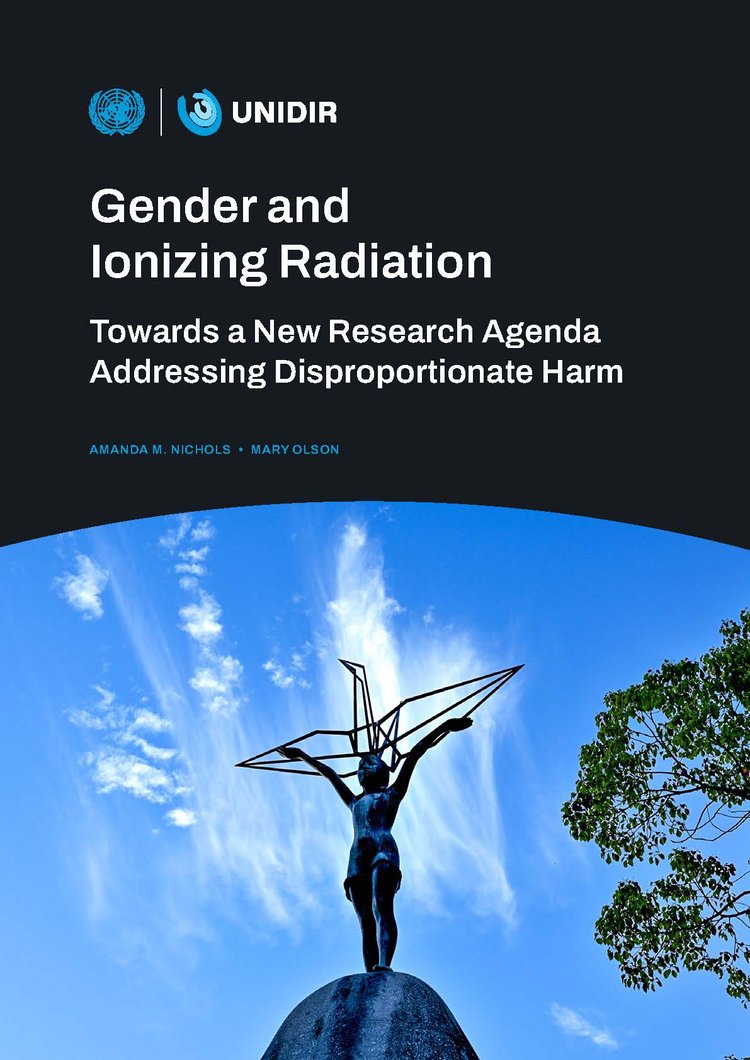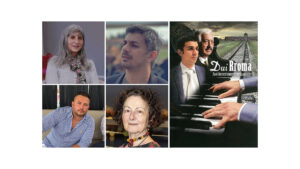New Report Highlights the Gendered Impact of Radiation: A Critical Update
Amanda Olson was invited by the UN Institute to update her groundbreaking research on how radiation affects women and girls differently than men and boys. This work builds on the 2006 National Academy of Science’s Biological Effects of Ionizing Radiation (BEIR VII) report, which first highlighted this issue. Olson only agreed to undertake the project if her colleague and friend, Dr. Nichols, would co-author with her. Together, they produced a comprehensive update, drawing on dozens of peer-reviewed studies that reinforce the idea that radiation exposure is more harmful to female bodies than to male bodies.
Amanda Olson is the primary author of this report, and rightfully so. Her research skills, sharp analysis, and clear writing were crucial to making this update possible. Dr. Nichols, with her expertise in Gender Studies and female leadership, added significant depth to the discussion by exploring how gender, biological sex, and societal context shape radiation impacts.
The result is a 43-page report that surveys a wide range of scientific literature published since 2006, covering the various health effects of radiation exposure, including cancer and cardiovascular disease. This update underscores that radiation exposure isn’t uniform—it affects people differently based on their sex and biological characteristics, further strengthening the call for changes in radiation protection policies.
As Aristotle wisely noted, “A single quail does not a summer make.” The report presents extensive evidence showing that radiation’s effects are not one-size-fits-all. The authors advocate for policy changes and propose an agenda for further research, which is discussed in the final section of the report. The document is thoroughly cited, with a full bibliography at the end.
You can download the report for free here:
https://unidir.org/GenderRadiation
Currently, there are no hard copies available, but the co-authors hope to change that with your support. If you would like to contribute to the printing costs or make a general donation, you can do so here:
http://weblink.donorperfect.com/year-end2024
Looking Ahead: The Importance of This Research
This report is critical for advancing initiatives like Reference Girl, a new radiation education campaign. It also supports ongoing work related to the Treaty on the Prohibition of Nuclear Weapons (TPNW) and other UN efforts to reduce the threat of nuclear warfare and its long-term impacts. In March 2025, the States Party to the TPNW will meet for their third conference at the UN in New York (MSP3), and this report will help inform those discussions. Watch for remote participation opportunities in 2025!
More News: New Book Highlights Radiation Pioneers
In addition to this critical report, Cindy Folkers (Beyond Nuclear) and Dr. Ian Fairlie (CND, London) have released a new book, The Scientists Who Alerted Us to the Dangers of Radiation (Ethics Press, 2023). The 2024 edition, available at a reduced price, details how pioneering researchers in the field of radiation science were often suppressed by powerful institutions invested in nuclear industry expansion. The book argues that if their work had not been stifled, the world might have a much clearer understanding of how radiation disproportionately harms women and children.
For more information, you can find the electronic edition here:
https://play.google.com/store/search?q=folkers%20fairlie&c=books
To purchase a paper or hard cover version, visit Ethics Press:
Stay Connected with GRIP
The Gender and Radiation Impact Project (GRIP) has big plans ahead! From a multi-year education campaign focusing on the dangers of radiation to expanding their online presence, GRIP is pushing forward with critical initiatives.
Stay tuned for updates on their work, and be sure to follow them on Facebook and LinkedIn:
GRIP remains committed to advancing research, education, and policy change to protect future generations from the harmful effects of radiation. Join them on this important journey!




